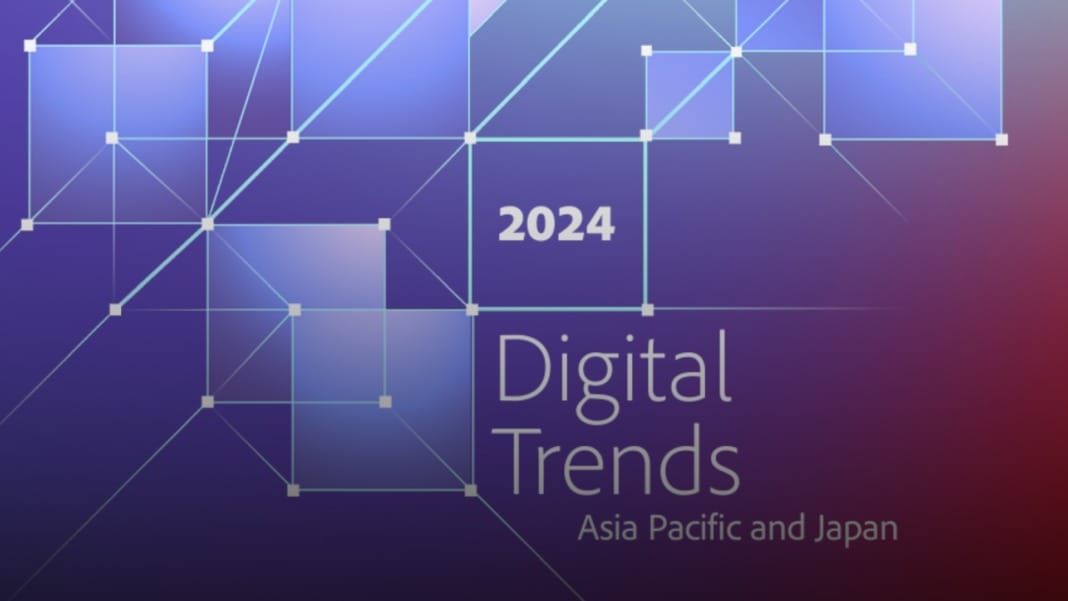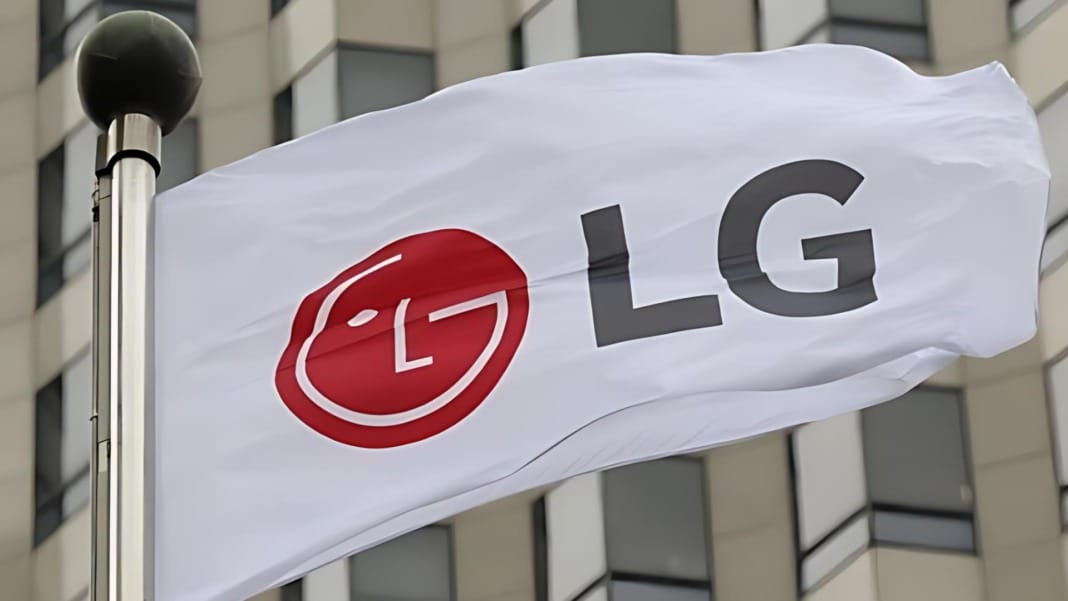Adobe’s latest report, Digital Trends 2024 Asia Pacific and Japan, reveals that Asia-Pacific and Japan (APJ) are at the forefront of generative AI deployment, surpassing their Western counterparts. Based on a comprehensive global survey involving 8,600 executives and practitioners and 6,800 consumers conducted in early 2024, the insights reflect a broad perspective on digital trends and AI adoption across various nations.
Rapid adoption and strategic planning
APJ brands are leading the AI integration race, with 65% of APJ executives reporting either full deployment or pilot projects underway, compared to 61% in the US and 55% in Europe. Japan leads within the region, boasting an 82% adoption rate, closely followed by India and other Asian nations at 72%.
However, there is a notable disparity between executives and day-to-day users’ perceptions of AI adoption. While only 4% of APJ executives acknowledge the absence of a formal AI strategy, this figure significantly increases among practitioners, especially in Japan, where 37% indicate no formal strategy in place.
Duncan Egan, Vice President of Digital Experience Marketing for APJ at Adobe, comments on this discrepancy: “For some senior executives, adoption can be as simple as signing a vendor contract, while practitioners are likely better acquainted with the realities of having the right data, tools and training. However, we expect this disconnect to narrow in 2024, with brands poised to strengthen organisational readiness for generative AI deployment.”
Enhancing workflows and governance
Adobe spearheads the transition by integrating AI capabilities into widely used applications like Adobe Acrobat, Photoshop, and the Adobe Experience Platform. This approach is designed to streamline workflows and ensure that AI adoption is secure, adhering to privacy and compliance standards.
The report also emphasizes the importance of responsible AI usage, with 73% of brands developing guidelines and 71% aligning AI strategies with broader business objectives. Egan adds, “Generative AI offers a clearer path to unify data, predict customer needs, and deliver more relevant and time-critical content. However, the study shows that despite widespread adoption intentions, only some brands are recalibrating to seize these benefits, putting them ahead in the race for consumer loyalty, conversion, and trust.”
Organisational adjustments for AI
During a media session at Adobe’s APJ Digital Trends event, Simon Dale, Vice President of Asia at Adobe, provided deeper insights into how generative AI is reshaping industries. He discussed the broad spectrum of AI applications, from the initial experiments to fully integrated enterprise-level deployments. Dale highlighted that this technology enhances digital marketing strategies and customer interactions and necessitates realignments within business structures to fully leverage its potential.
As companies prepare for AI-driven transformations, substantial shifts in organisational structures are anticipated. Most APJ brands plan to reorganise teams and functions to better accommodate AI, with significant changes expected in Asia (80%) and India (74%). Plans to introduce AI leadership roles are also highest in these regions.
Further initiatives to help employees upskill and establish clear guidelines for using generative AI are a priority, with advanced AI skills training for key staff (47%) and policies for ethical and secure AI usage (45%) being top-rated.
“Asia-Pacific and Japan are at the forefront of generative AI adoption, with brands recognising its transformative potential across their organisations. We’re seeing a strong commitment to restructuring functions and teams, introducing AI leadership roles, and prioritising employee upskilling to fully harness the power of this technology,” says Simon Dale.





